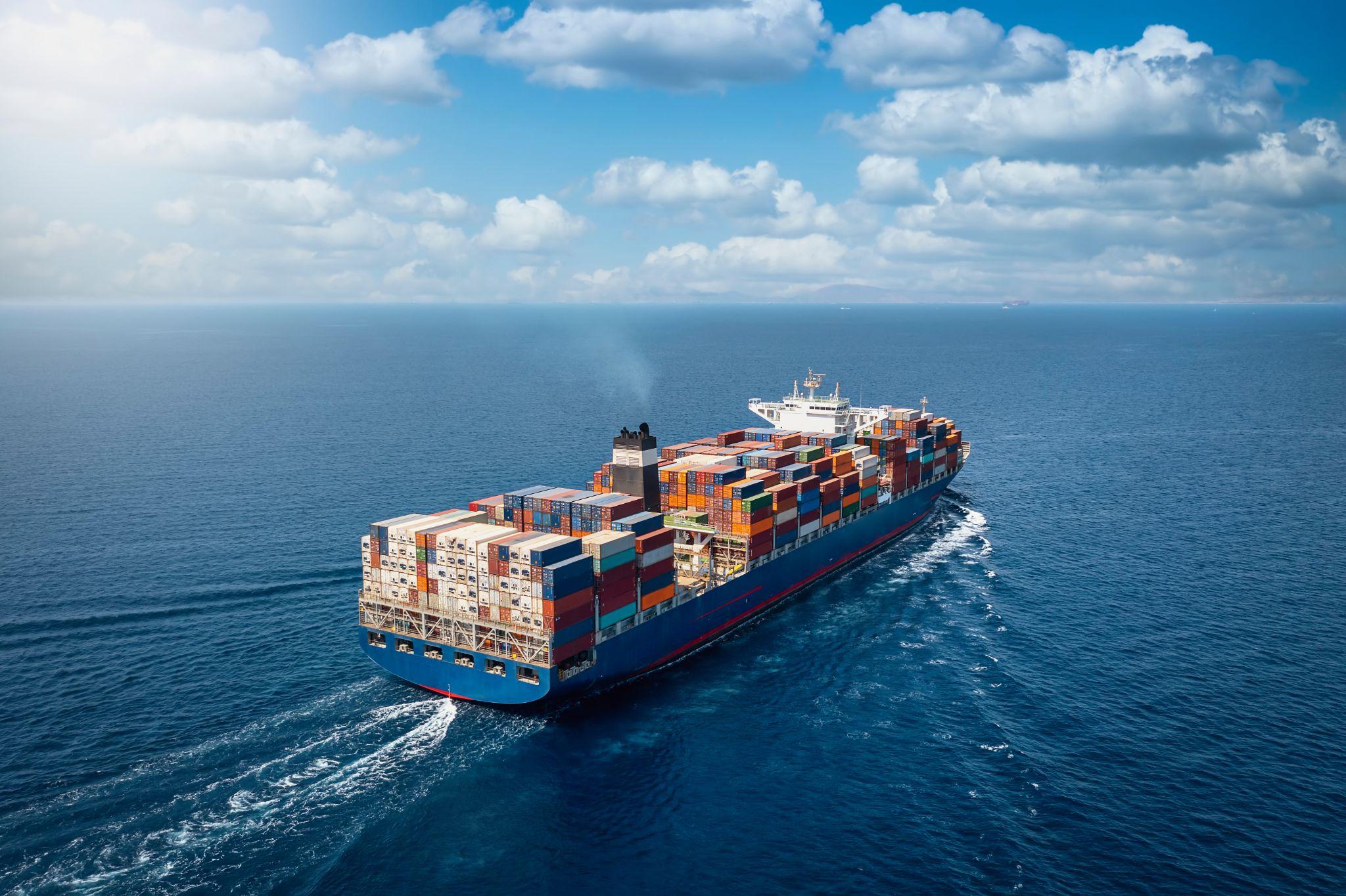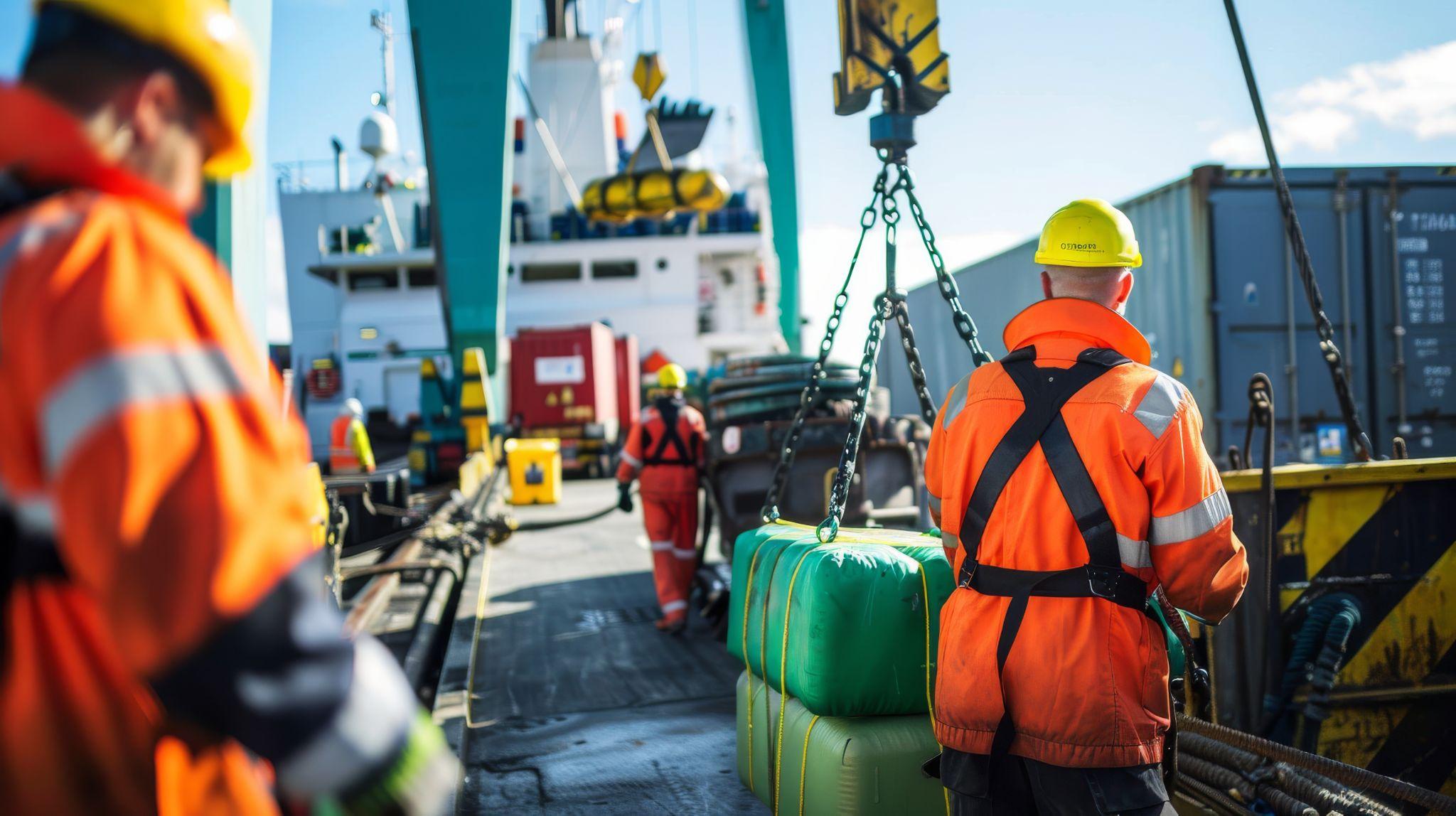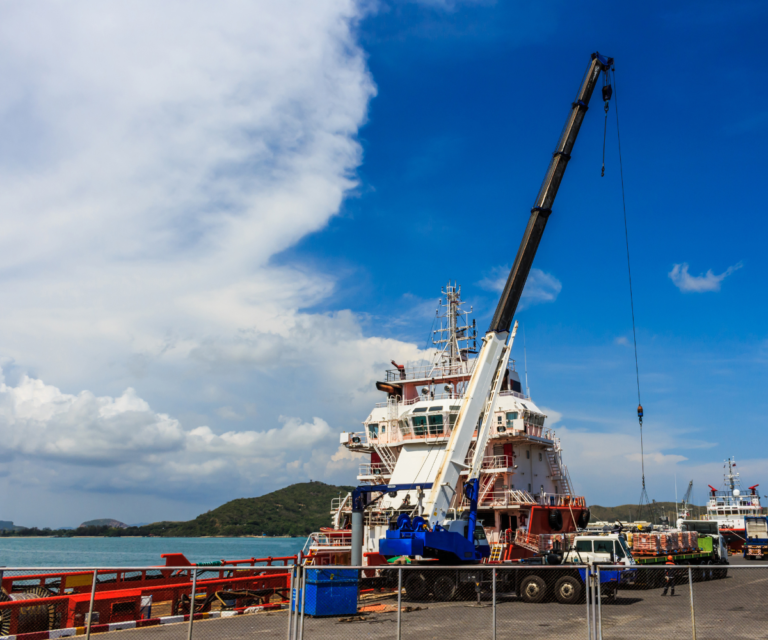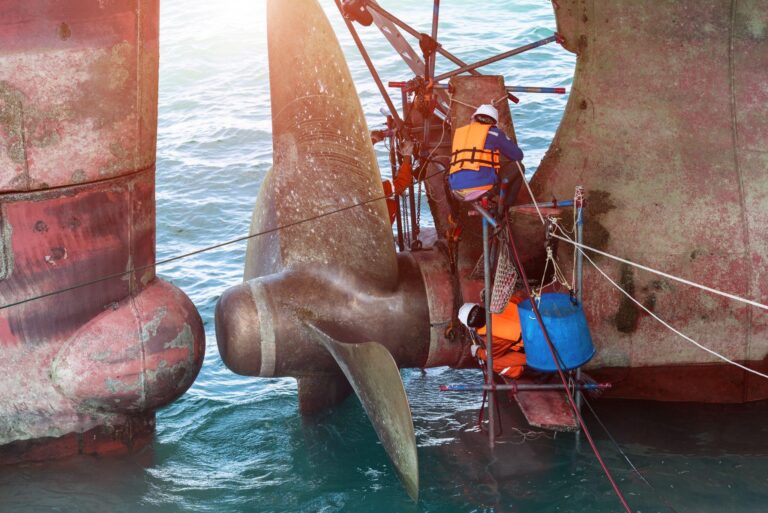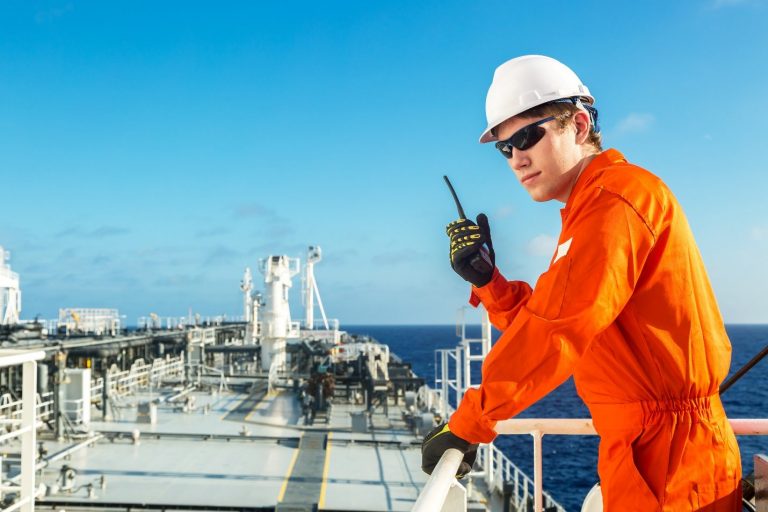Working in the maritime industry can be inherently challenging and dangerous. It often involves operating heavy machinery, working in harsh environments, and performing tasks that require precise skills and knowledge. Inadequate training can lead to severe injuries, significantly impacting the lives of maritime workers.
Below, we will explore the common injuries resulting from insufficient training, underscoring the necessity of comprehensive training programs to prevent these injuries. We will also provide insights into legal compensation and help available for injured maritime workers.
Common Maritime Injuries Due to Inadequate Training
Inadequate training in the workplace can lead to numerous types of injuries, each with potentially severe outcomes.
Slips, Trips, and Falls
Inadequate training in maintaining a clean and organized work environment, improper use of safety harnesses, and unawareness of potential hazards often lead to slips, trips, and falls. These incidents are frequently due to human error in shipping accidents, resulting from insufficient training.
Common injuries: Broken bones, head injuries, sprains, and strains.
Overexertion and Musculoskeletal Disorders
Improper lifting techniques, lack of training on ergonomics, and insufficient understanding of body mechanics can result in overexertion and musculoskeletal disorders. The effects of human error in the maritime industry are evident when workers are not trained in proper lifting methods.
Common injuries: Back injuries, hernias, repetitive strain injuries, and chronic pain.
Equipment-Related Injuries
Inadequate training on operating machinery, failure to follow safety protocols, and lack of understanding of equipment maintenance often lead to equipment-related injuries. These injuries frequently stem from incidents where workers are unprepared to handle the equipment safely.
Common injuries: Lacerations, amputations, crush injuries, and electric shocks.
Chemical Burns and Exposure
Insufficient training in handling hazardous materials, improper use of protective gear, and lack of knowledge about chemical safety procedures can cause chemical burns and exposure. OSHA maritime safety training is critical to prevent these types of injuries.
Common injuries: Burns, respiratory issues, skin conditions, and long-term health problems.
Fire and Explosion Injuries
Lack of training in fire safety protocols, improper handling of flammable materials, and inadequate emergency response training often result in fire and explosion injuries. Proper OSHA maritime training can significantly reduce the risk of such catastrophic events.
Common injuries: Severe burns, smoke inhalation, trauma, and fatalities.
The Importance of Comprehensive Training Programs
Training is not only crucial for safety—it is a responsibility that employers in the maritime industry must uphold to ensure the well-being of their workers. Training programs are essential in preventing the aforementioned injuries and should cover:
- Safety Protocols: Ensuring workers understand and follow safety guidelines. This includes regular updates and refreshers on OSHA maritime safety training to keep all workers well-informed.
- Equipment Handling: Training on the proper use and maintenance of machinery and tools. This helps to minimize the effects of human error in the maritime industry.
- Emergency Response: Educating workers on how to react in emergency situations, including fire drills and first aid. Emergency training is vital for reducing the impact of accidents.
- Ergonomics: Teaching proper lifting techniques and promoting ergonomic practices to prevent musculoskeletal disorders.
- Hazardous Material Handling: Providing detailed instructions on handling and storing hazardous materials safely.
By implementing thorough and regular training programs, employers can significantly reduce the risk of injuries, ensuring a safer working environment in the maritime industry.
Legal Compensation and Help for Injured Maritime Workers
Maritime workers injured due to inadequate training have rights and may be entitled to compensation through various legal mechanisms:
- Maintenance and Cure: This maritime legal doctrine requires employers to provide medical care and living expenses to injured seamen until they reach maximum medical improvement.
- Jones Act: This federal statute allows injured maritime workers to sue their employers for negligence, including inadequate training.
- Longshore and Harbor Workers’ Compensation Act (LHWCA): This act provides compensation to dockworkers and other maritime workers injured on the job.
Seeking Legal Help for a Maritime Injury
If you or a loved one has suffered an injury due to inadequate training in maritime work, it is crucial to seek legal help. Skilled and knowledgeable maritime attorneys can guide you through the complexities of maritime law and help secure the compensation you deserve.
At Schechter, Shaffer & Harris, we are dedicated to protecting the rights of maritime workers. Our experienced attorneys specialize in maritime law and are committed to ensuring you receive the compensation and support you need. For a free consultation, call 800-836-5830 today.

